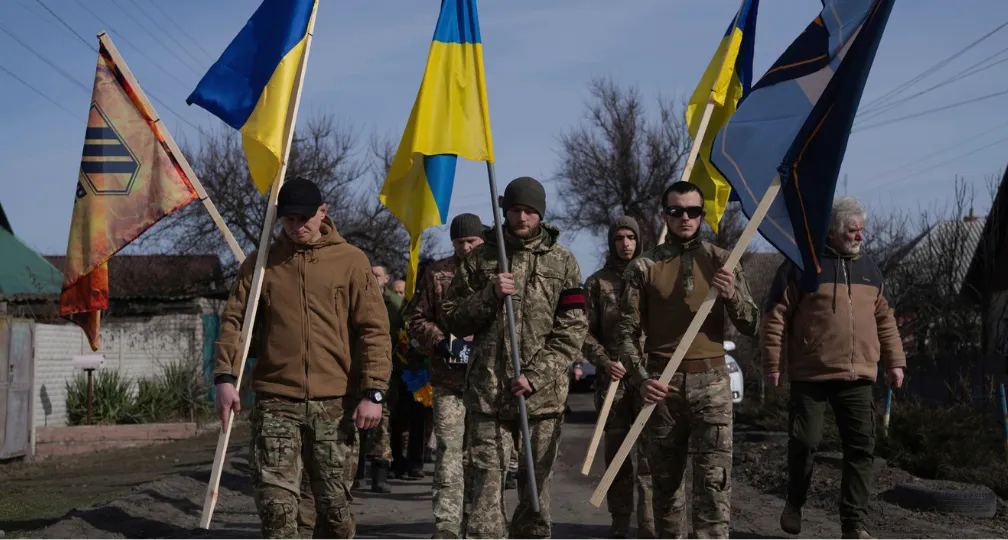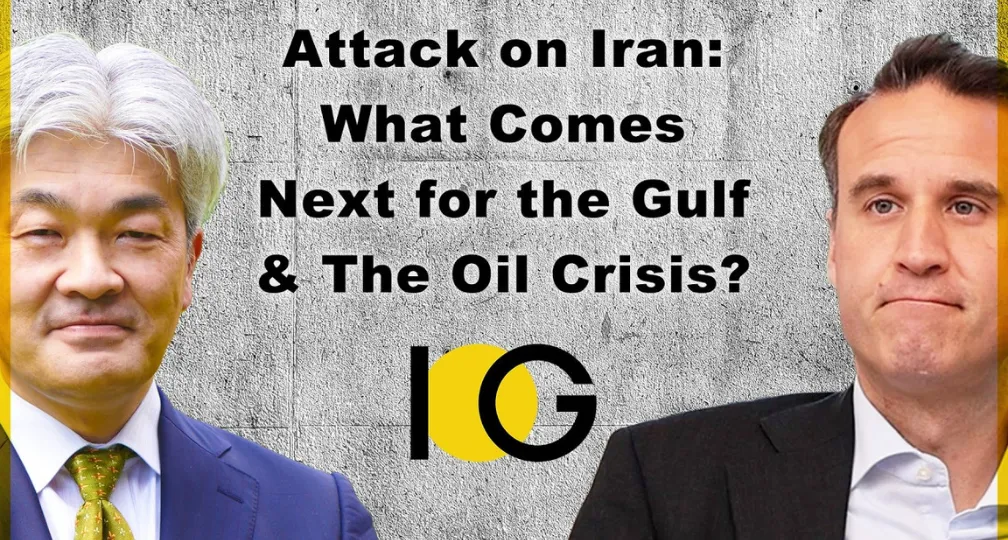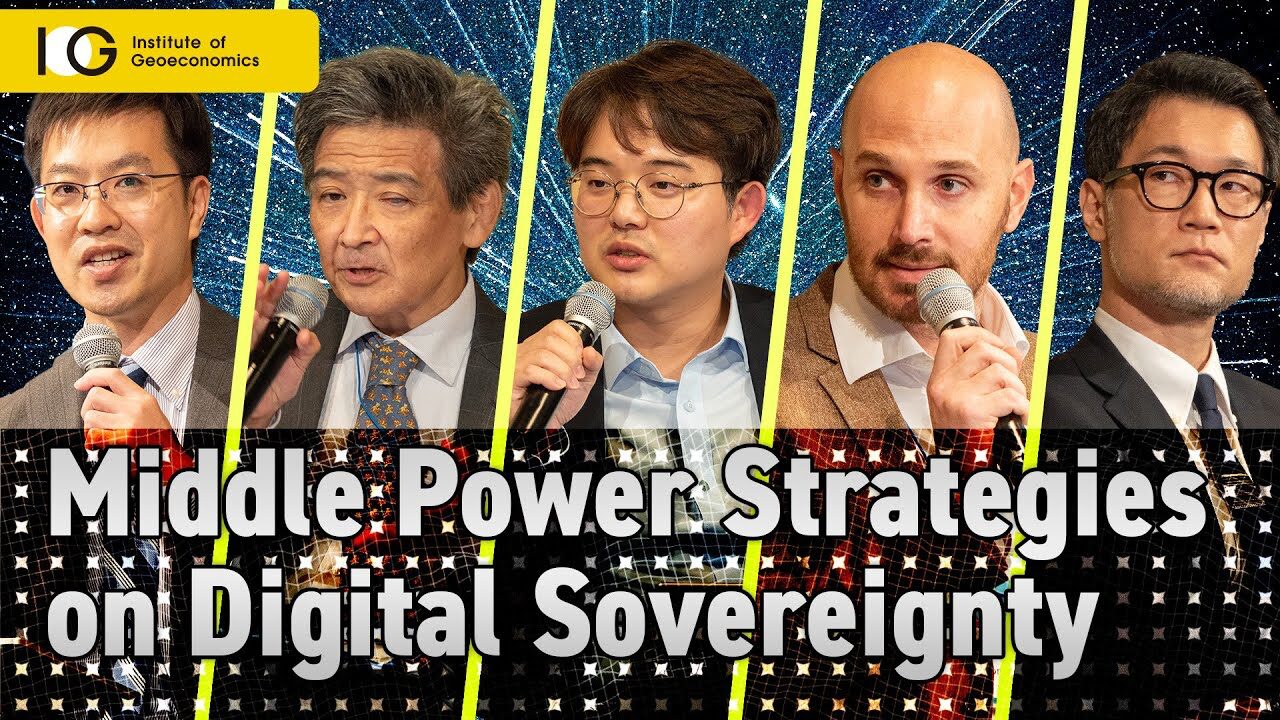Ukraine war has brought new challenges for international security

A full-scale military war is still taking place today between Russian and Ukrainian forces in Ukraine. It is certain that how this war ends matters greatly in thinking about the future of international security order. But at the same time, if we focus too much on the current situation of the war and forget to analyze the invasion scenario drawn by Moscow two years ago, we could risk being unable to see the new challenges that will arise over international security order.
On Feb. 24, 2022, when 190,000 Russian troops crossed the border and advanced into Ukraine, Russian President Vladimir Putin was said to have believed the war would be over in three days. However, it would have been overly optimistic to think that the Ukrainian military, with some 200,000 forces at the time, could be defeated in a head-on battle in just three days. Putin must have had such a sense of success probably because he had his own scenario of deposing Ukrainian President Volodymyr Zelenskyy’s administration and at the same time causing an uprising of pro-Russian separatists across Ukraine.
Such a scenario can be interpreted as a method of hybrid warfare, planned in a way that military power will be used to a limited extent so as not to lead to an open war between militaries. To make this scenario work, it is reported that Moscow had been nurturing pro-Russian rebels in Ukraine through penetration operations for more than six months before the launch of the attacks, and was making preparations immediately before the invasion to conduct cyberattacks to paralyze the Ukrainian government and society so that Russian paratroopers guided by agents could take control of Kyiv’s political and economic nerve centers.
The governments of the United States and the United Kingdom, which had detected such attempts beforehand, actively provided assistance to Ukraine to take measures against cyberattacks and protect dignitaries. They also actively disclosed confidential information regarding Russia’s plan to conduct a variety of false flag operations aimed at inducing the Ukrainian people to be pro-Russian, and invalidated it. Thanks to such assistance working in favor of Ukraine, the Zelenskyy administration managed to avoid giving in to Russia’s hybrid war and continue its resistance.
The problem was that Putin did not withdraw from Ukraine following the failure of its hybrid war and decided to move on to full-fledged warfare, which cannot be seen as the best plan even for Russia. Aside from the Russian airborne troops that had been tasked with gaining control of Kyiv, Russian forces had been deployed throughout the border areas, crossing the border and storming their way into Ukraine to intimidate the Ukrainian people as part of hybrid warfare. The troops were temporarily in chaos, as they had not been prepared to fight a full-scale war.
Still, once they actually crossed the border, it must have been hard for them to suspend their operations because such moves could erode the future credibility of intimidation. Based on such circumstances, three significant points can be highlighted in thinking about future international security order.
First, democracies including Japan should consider how to counter future moves by authoritarian regimes and nonstate actors to change the status quo, as they are more likely to adopt hybrid methods of warfare that overturn the conventional concept of war. Second, the international community must think about what kind of efforts are necessary to prevent military intimidation and use of limited force, implemented as tools for hybrid war, from escalating to full-fledged military war. Third, we have to be aware that the reality of full-fledged war that could arise today is different from 20th century wars, and different capabilities will be needed to deter and respond to such wars. I would like to analyze these three points.
Responding to hybrid warfare
In hybrid war, attacks are conducted in several military and nonmilitary domains so that a hostile actor can force its intentions on a country that it is attacking while avoiding an open military conflict. The European Center of Excellence for Countering Hybrid Threats, an international, autonomous organization working to build participating states’ capabilities to counter hybrid threats, lists 13 domains targeted by such threats — infrastructure, cyber, space, economy, military/defense, culture, social/societal, public administration, legal, intelligence, political, diplomacy and information.
Democratic countries, which differ from authoritarian states where dictators concentrate power, should establish an institution that serves as a core to tackle hybrid security threats and comprehensively detect and analyze potential threats in all fields, as well as the actors’ objectives and intentions behind them, in order to be prepared to take appropriate actions swiftly. Moreover, a variety of hybrid threats target the systemic vulnerabilities in democratic societies. For instance, the issue of immigration is exploited in Western countries for political influence and spreading false information aimed at stirring up conflicts of opinion among the public.
The strength of democratic countries is in their political resilience rooted in the diverse opinions of the public, but there are vulnerabilities inseparable from the nature of democracy, including free distribution of information. It is important to recognize such vulnerabilities in advance and take necessary measures. Needless to say, it is not possible to counter hybrid threats just with protective measures. Democracies must synchronize their capabilities in each of the domains and take proactive steps in order to form and maintain international order, and the key to this is strategic communication.
In addition to sending out information, it is essential for democracies to take concerted actions in a comprehensive manner in the fields of diplomacy, trade and defense, while excluding means that go against the philosophy of democracy, such as disseminating false information in the way that authoritarian states do.
Preventing escalation
Military intimidation and the use of limited force are effective means of hybrid warfare aimed at intentionally avoiding a full-scale war. In such circumstances, there is always the danger of actions escalating to full-scale armed combat between militaries, even if this was not the intention of the attacking country. To avoid such a situation, countries must establish international norms to prevent military intimidation and disguised military operations that could disrupt international order. Such international norms will not work effectively unless they are coupled with capabilities to identify suspicious military activities.
In order to secure transparency in countries’ military activities, it is necessary to strengthen international surveillance capabilities through multilateral cooperation also including private institutions. Confidence-building measures, such as prior notification of large-scale military exercises, are also deemed effective. If suspicious military activities that could disrupt international order are recognized as a result of monitoring, it will become necessary for countries to work together to point them out and exert diplomatic pressure to eliminate them. And if the activities fail to stop even after such efforts, the forming of a framework to impose diplomatic and economic sanctions should be considered.
Effective deterrence
Looking at today’s situation regarding the war in Ukraine, it is clear that it differs greatly from military warfare in the 20th century. Such recognition is also apparent in a contribution published in November in The Economist by Ukraine’s then-commander-in-chief, General Valery Zaluzhny, which said that improving the quality and quantity of missiles, drones and electronic warfare capabilities is key to victory in upcoming battles.
It is risky to immediately generalize what is going on in Ukraine, but it is certain that a combination of drones, which can acquire targets in real time, unlike satellites, and missiles that can immediately attack targets based on information have significantly changed the picture of military warfare. The fact that Ukraine, which largely falls behind in aircraft and battleship capabilities, has been making achievements in the air domain in the country’s eastern regions and the sea domain in the western part of the Black Sea indicates the need to make certain modifications to the conventional concept of air and sea superiority. It is also becoming essential to possess electronic warfare capabilities to deactivate such drones and missiles.
Today, technologies and production infrastructure to create such capabilities in terms of quality and quantity are increasingly becoming the key to deter and respond to full-scale military warfare. In addition, private companies and institutions are indispensable to make full use of such capabilities. The abilities of players in the private sector, such as SpaceX’s Starlink and the IT Army of Ukraine, a volunteer cyber warfare organization, are playing an important role not only as production bases but also as part of operations on battlefields.
The existing international law, which has been focused on distinguishing between combatants and noncombatants, is facing the challenge of thinking about not only how to protect noncombatants in battlefields, but also how to position the private sector or person that has great influence on combat.
Japan’s challenges
Japan is not excluded from the new challenges brought about by the war in Ukraine, as they are something that need to be urgently reflected in the policies of all democracies. The challenges include many fields whose theories are still immature, and research is urgently needed into fields such as hybrid warfare, strategic communication, military power escalation mechanism and the relationship between the private sector and warfare.
This article discussed future challenges based on incidents that had occurred in Ukraine but, needless to say, it is an imminent challenge to bring back as soon as possible the international order that has been disrupted by Russia. Currently, Japan is debating exports of defense equipment. It is also important to seriously explore what the country can do to stop the moves that disrupt international order and take measures that can be taken now.
[Note] This article was posted to the Japan Times on April 7, 2024:
https://www.japantimes.co.jp/commentary/2024/04/07/world/ukraine-international-security-order/
(Photo Credit: AP / Aflo)

Geoeconomic Briefing
Geoeconomic Briefing is a series featuring researchers at the IOG focused on Japan’s challenges in that field. It also provides analyses of the state of the world and trade risks, as well as technological and industrial structures (Editor-in-chief: Dr. Kazuto Suzuki, Director, Institute of Geoeconomics (IOG); Professor, The University of Tokyo).
Disclaimer: The opinions expressed in Geoeconomic Briefing do not necessarily reflect those of the International House of Japan, Asia Pacific Initiative (API), the Institute of Geoeconomics (IOG) or any other organizations to which the author belongs.
-
 U.S. LNG and Japan's Sea Lanes: Towards Diversification and Stabilization of the Maritime Transportation Routes2026.03.03
U.S. LNG and Japan's Sea Lanes: Towards Diversification and Stabilization of the Maritime Transportation Routes2026.03.03 -
 Attack on Iran: What Comes Next for the Gulf & The Oil Crisis?2026.03.02
Attack on Iran: What Comes Next for the Gulf & The Oil Crisis?2026.03.02 -
 The Supreme Court Strikes Down the IEEPA Tariffs: What Happened and What Comes Next?2026.02.27
The Supreme Court Strikes Down the IEEPA Tariffs: What Happened and What Comes Next?2026.02.27 -
 Fed-Treasury Coordination as Economic Security Policy2026.02.13
Fed-Treasury Coordination as Economic Security Policy2026.02.13 -
 What Takaichi’s Snap Election Landslide Means for Japan’s Defense and Fiscal Policy2026.02.13
What Takaichi’s Snap Election Landslide Means for Japan’s Defense and Fiscal Policy2026.02.13
 Orbán in the Public Eye: Anti-Ukraine Argument for Delegitimising Brussels2026.02.04
Orbán in the Public Eye: Anti-Ukraine Argument for Delegitimising Brussels2026.02.04 Fed-Treasury Coordination as Economic Security Policy2026.02.13
Fed-Treasury Coordination as Economic Security Policy2026.02.13 India and EU Sign Mother of All Deals2026.02.09
India and EU Sign Mother of All Deals2026.02.09 Oil, Debt, and Dollars: The Geoeconomics of Venezuela2026.01.07
Oil, Debt, and Dollars: The Geoeconomics of Venezuela2026.01.07 When Is a Tariff Threat Not a Tariff Threat?2026.01.29
When Is a Tariff Threat Not a Tariff Threat?2026.01.29














